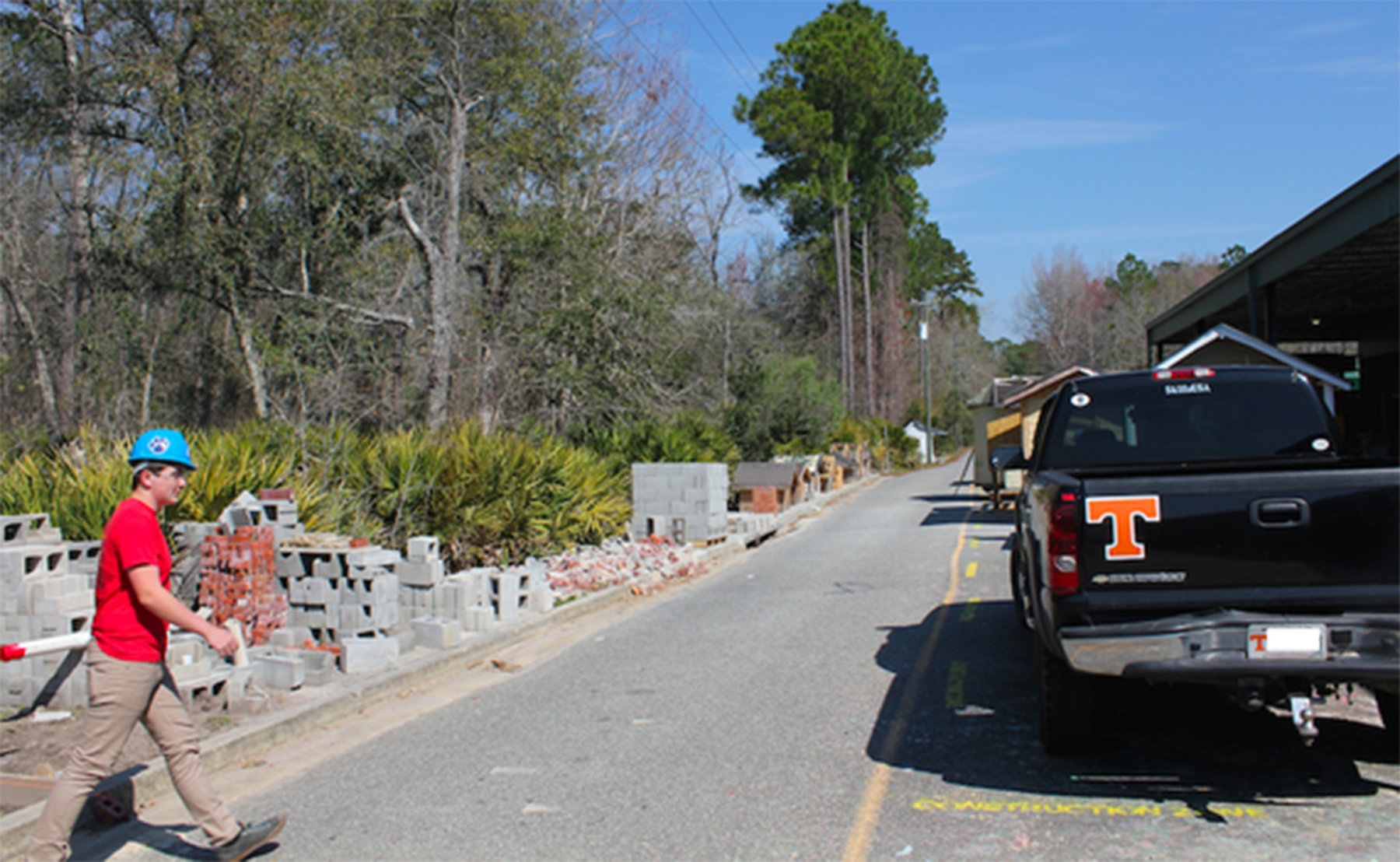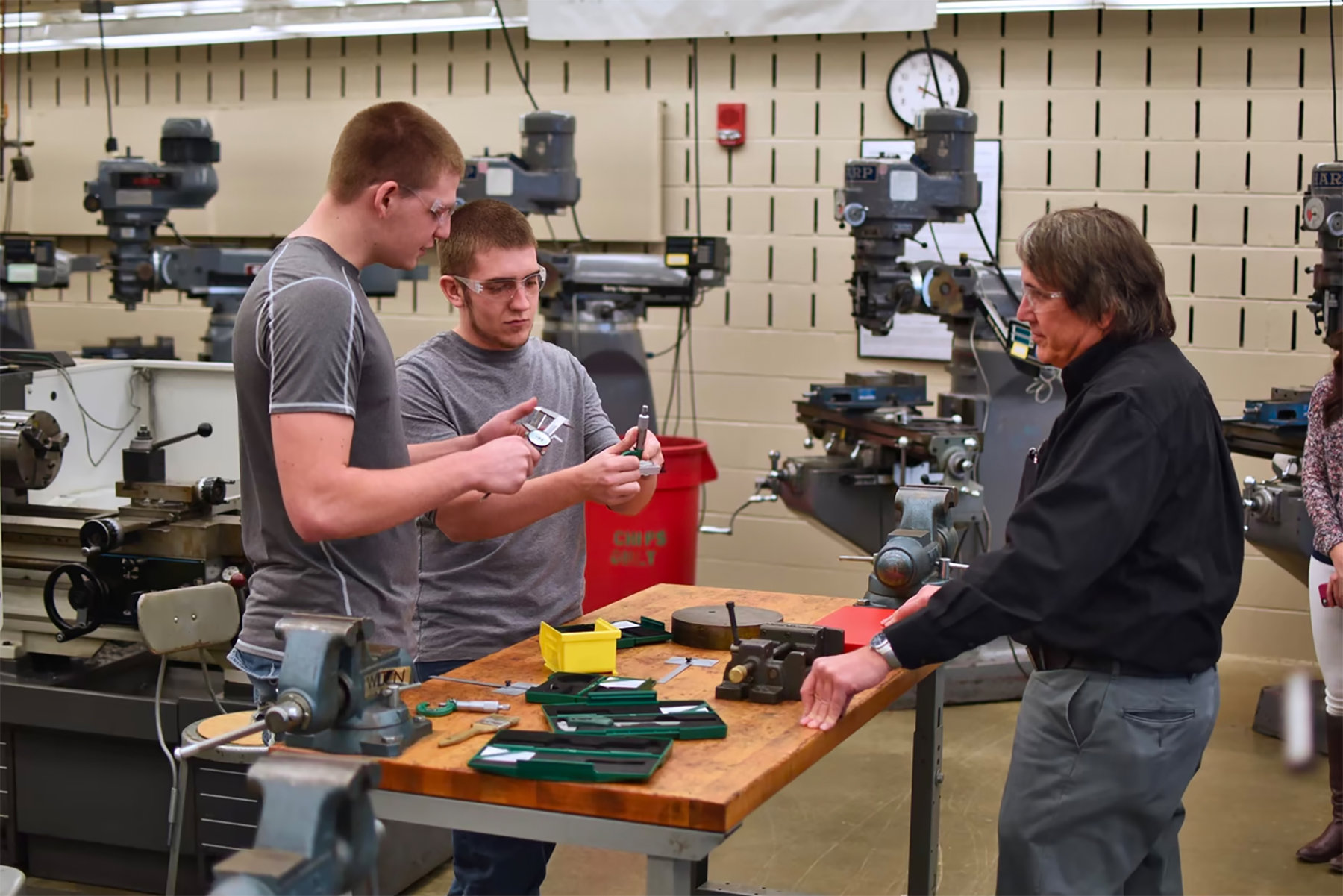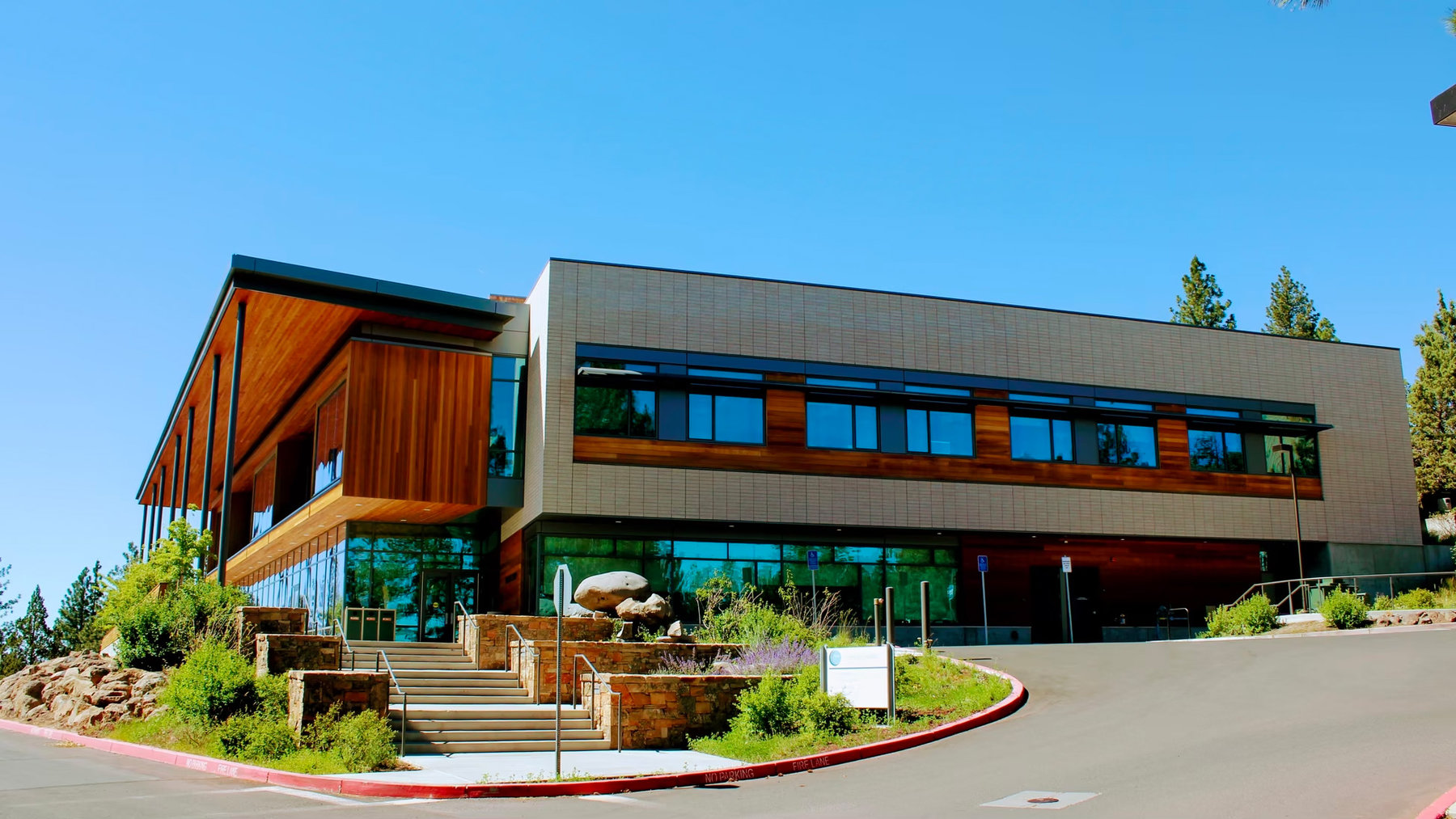I am no one’s idea of an education specialist, but from my book More Like Us onward I’ve tried to follow the ways American institutions equip people, or hamper them, for the endless process of reinvention and adaptation that is American economic and social life. College education is obviously valuable in its own right and, usually, as a path toward better career options. But not everyone will start or stay in college. The importance of skilled technical jobs, from machinists to construction engineers, is they’re generally interesting in themselves, they’re less likely to be outsourced or “de-skilled” than even some white-collar work, and they are better paid than retail or low-end service work. Everyone recognizes this when we look at, say, the successful apprenticeship programs in Germany. The news, for my wife and me, was the rise of such efforts in American schools.
Readers weigh in on this and related points
1) Another thing that Boomers must answer for. A reader writes:
I think many baby boomer and younger parents in this country don’t take vocational training seriously because that’s not what we were steered into and the college path has now become the norm. Too many feel that a vocational career isn’t important/rewarding/prestigious. The large majority of my high school graduating class had parents who were only high school graduates. Earning a living was paramount and college wasn’t available to them. They pushed us into college “to be something”.
Now we are seeing how difficult it is to find a great electrician or plumber or auto mechanic. Luckily my husband and I finally found great ones, but only after much searching and asking neighbors for recommendations.
My dad was a tool and die maker. He made parts for the space shuttle and the Verrazano Narrows Bridge, among other things, working predominantly in platinum and gold. I regularly see want ads for people in this trade, and just recently found our local community college has expanded its curriculum to fill these positions.
Probably the best thing about having a dad who worked with his hands was how much I learned from him. I know my way around tools and am able to fix most things without calling for help.
I am not saying vocational training shouldn’t include college. Higher education needs to be formulated around the requirements of society. We need educated auto mechanics, electricians and plumbers.
2) The era of collars is over. A reader originally from southern Georgia writes:
As an educator myself now–I completely agree with the [Camden County] approach. College isn’t the option for everyone–learning trades could change early gives more people a chance to thrive.
The era of the “collars” is over.
I wish I didn’t go to school where vocational and “college prep” were segregated.
3) Finding someone to teach what I know. James Walker, a metalsmith in southern California, writes:
Yesterday [on Marketplace] you mentioned trade schools and I wanted to say that I believe they need to be emphasized a lot more in the school system.
Although I spent several years in college, I’ve made my living as a metalsmith, which derived from an apprenticeship I served while going to college. The area I chose in the metalsmith’s world (repair, restoration, preservation of non-ferrous metals) is specialized enough that I draw work from around the country, with no advertising — just a web site with examples of what I do.
I wish young people could realize that the trades and crafts are alive and well and offer many opportunities. For years I’ve tried to find someone to teach what I know, but I guess we live in a different world now.
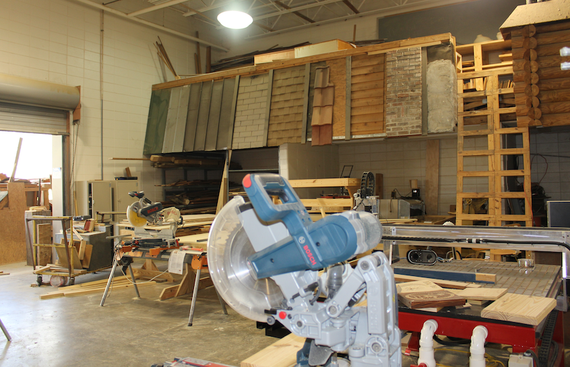
I wrote back to James Walker to get permission to name him and his company. He added, about a specific project:
I would also like to mention a pet project of mine, Operation Rediscover, which seeks to foster a grass-roots involvement of people locating, caring for and sharing information about bronze plaques and memorials.
Over the years I have often been asked to restore them, since their surface inevitably disintegrates from the weather, sunshine, pollution, etc., making them hard to read. It is a shame to see that happen, so to help deal with the problem I developed a simple process to preserve them and published it as an eBook, which people can download for free from my blog “Operation Rediscover.”
I feature stories about bronze plaques and memorials and another free eBook action plan that has specific step-by-step things people can do. A few days ago I also posted an essay/review of The Monuments Men, which has similar (though way more advanced) goals to mine.
4) Scholarships for technical training. I got this note from Marty Stockdale of Florida, who has set up a foundation to provide scholarships for high school graduates who want to pursue further technical training.
I am the Founder & President of The Stockdale Foundation. Our motto is: A Bachelor’s Degree may not be for everyone – Success is.
Each year we provide scholarships to current-year high school graduates who plan to continue their education at a vocational/technical/trade school, as well as fire academy attendees.
It is our sole focus and since 2009 we have awarded 14 scholarships totaling $31,200.00.
I called Marty Stockdale to ask if I could share his information, and about the background of his scholarship. He said that he set it up in honor of his daughter, who was ready to pursue non-college career training after she finished high school but was then killed in an accident. “There are so many young people who could do so much, with some help,” he told me. He would of course be happy to hear from others interested in this cause. You can find more about his program at his site.
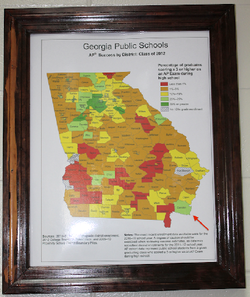
5) How unusual is Camden County? Did my wife and I just happen to find the school in Georgia that had gone furthest with the “career academy” approach? I asked around yesterday, and the answer is Yes and No.
No, CCHS is not unique in Georgia, where many other schools have developed internal “academies” of their own. But Yes, it is unusual, in that most schools have a “Pull-Out” model, where they take students away from the main high school at certain times of day for courses at a technical center. CCHS is unusual in its “Wall-to-Wall” approach, of having everything about one large, integrated campus be built around its component academies.

